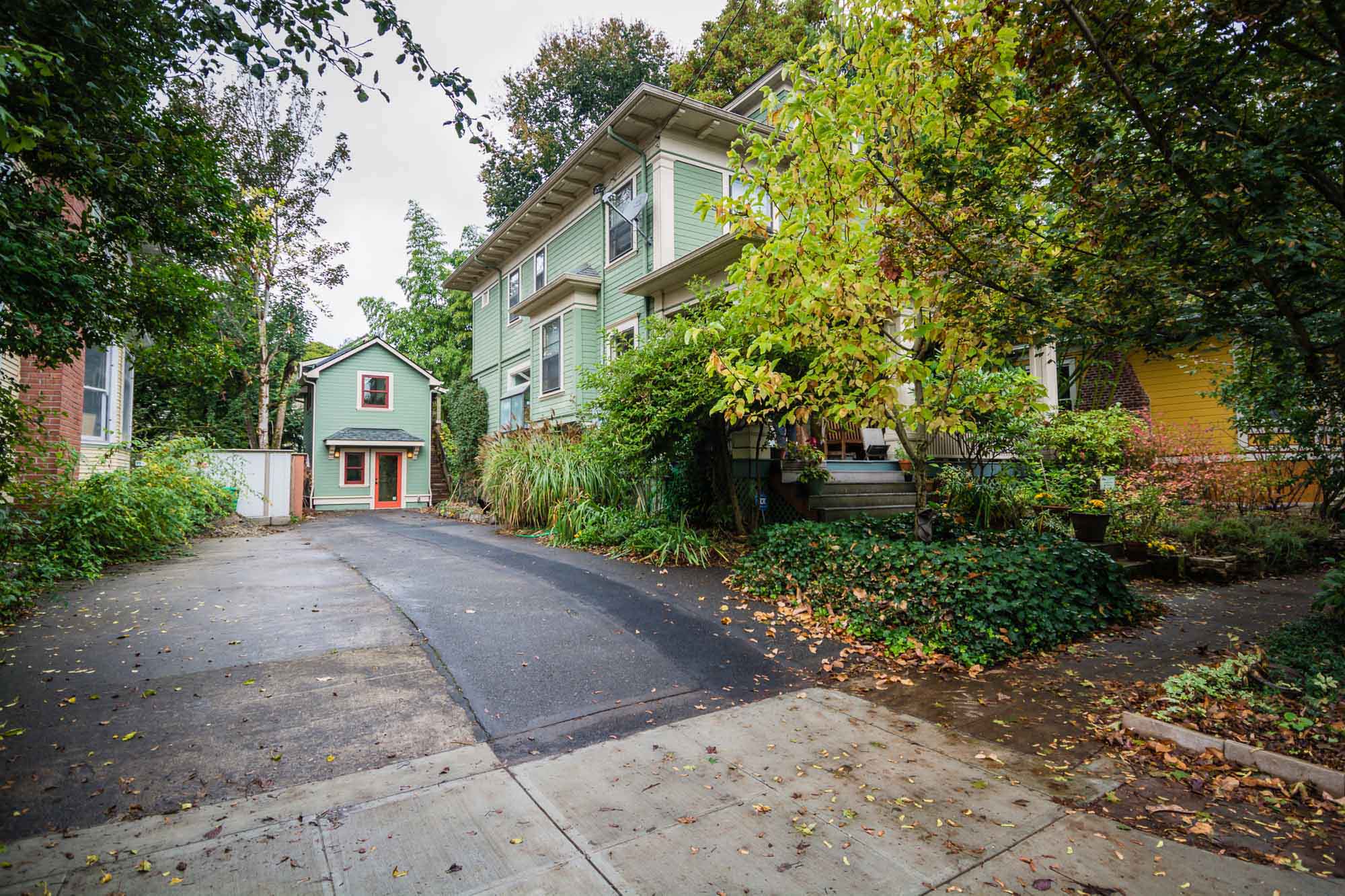FOR IMMEDIATE RELEASE
Friday, January 3, 2020
CONTACT:
Jane Lyons, Coalition for Smarter Growth
jane@smartergrowth.net | (202) 675-0016
Lindsey Mendelson, Maryland Sierra Club
lindsey.mendelson@mdsierra.org | (240) 706-7901
Maryland Advocates React to Hogan-Franchot Agreement and
Launch Coalition to Change Direction of State Transportation Policy
MARYLAND — Following today’s announcement of an agreement between Governor Hogan and Comptroller Franchot and in advance of Wednesday’s Board of Public Works vote, 18 non-profit and community advocacy organizations launched a new coalition to change the direction of state transportation policy. The groups share a concern for protecting the environment and communities, and more effectively addressing the state’s transportation problems — through transit, transit-oriented development, and demand management strategies.
Formation of Maryland Advocates for Sustainable Transportation (MAST) follows public outcry against Governor Hogan’s and former Secretary Rahn’s ill-conceived and harmful plans to expand the Capital Beltway and I-270. The outcry prompted a delay in the December Board of Public Works vote to approve a hastily revised Public-Private Partnership (P3) proposal for the highways. A premature vote is now scheduled for January 8th.
The coalition is calling on the Governor and incoming secretary to reverse course on the administration’s misguided highway expansion plan and to steer the state toward better solutions. MAST members sent a letter to Administrator Slater calling on him to change MDOT’s approach to transportation policy if he is confirmed by the Maryland Senate.
Reliable, transit and land use focused solutions — MAST supports transportation solutions that effectively address the climate crisis and our transportation problems, rather than exacerbate them. These integrated solutions include expanding reliable transit, bicycle, and pedestrian infrastructure; using transportation demand management; encouraging more transit-oriented land use with affordable housing; and a maintenance-first approach to road and bridge infrastructure. This approach will allow Maryland to grow without increasing driving, traffic, and greenhouse gas emissions.
MAST will support a bill to increase capital investment in the Maryland Transit Administration, which has a deferred maintenance backlog of $1.5 billion and is facing funding cuts by MDOT, and another bill that addresses the weaknesses in the state’s P3 law.
Flaws in the I-495 and I-270 proposal: MAST joins with state legislators and local elected officials and planners who have identified significant shortcomings in MDOT’s toll lanes proposal, including:
- Faulty P3 process and lack of transparency — MDOT’s P3 process for I-495 and I-270 has been flawed from the outset, including being rushed ahead of the environmental review process and the lack of objective alternatives analysis. MAST calls on MDOT to release their financial analyses, toll projections, and traffic modeling for independent review.
- Failure to account for induced demand and increased air pollution — Research and experience shows that adding highway capacity inevitably leads to more vehicles on the road and more pollution from those vehicles, with expanded highways filling-up in as few as five years. MDOT’s study fails to consider an integrated transit-oriented development, transit, and demand management alternative.
- Financial risks — The early Virginia experience shows that poorly structured P3 deals carry heavy financial risks, with taxpayers shouldering the bill when tolls cannot cover the costs of the project as planned or other problems occur.
- Environmental harm — The highway expansion proposal would take valued park land, streams, and rivers in a number of locations; exacerbate stormwater runoff; require the loss of a number of homes; and directly affect 1,000 or more private properties.
“It is unlawful to proceed in securing implementation partnerships and contracts without completion and consideration of Environmental Impact Studies and related mitigation,” said Audubon Naturalist Society Executive Director Lisa Alexander.
“Transit and walkable, transit-oriented development are not only more effective in reducing vehicle trips, they attract jobs and residents. Marriott’s move to Bethesda Metro and Amazon’s move to Crystal City/Pentagon City are a testament to the value of transit-oriented development,” said Stewart Schwartz, Executive Director, Coalition for Smarter Growth.
“Maryland has committed to reducing greenhouse gas emissions, yet toll lanes will fuel more long-distance commuting, which increases driving, emissions, air pollution, water pollution, and traffic,” said Nancy Soreng, League of Women Voters of Maryland.
“Sustainable transportation solutions also spur more economic development and increase opportunities for socioeconomic mobility,” said Kimberly Brandt, Director of Smart Growth Maryland.
“The state must work together with local jurisdictions to find transportation solutions that are good for local residents, good for the environment, and good for Maryland taxpayers” said Brian Ditzler, Chair of Maryland Sierra Club.
Presently, 18 organizations have signed MAST’s principles statement. Follow the coalition by visiting MAST on Facebook and Twitter. A MAST website is now in development.
###
Maryland Advocates for Sustainable Transportation (MAST) is a coalition of 18 non-profit and community advocacy organizations pushing for more sustainable alternatives to highway expansion. Signers of the coalition’s principles statement include: 350 Montgomery County, Audubon Naturalist Society, Baltimore Transit Equity Coalition, Bike Maryland, Central Maryland Transportation Alliance, Coalition for Smarter Growth, Corazón Latino, Friends of Sligo Creek, Greater Farmland Civic Association, Greater Greater Washington, Interfaith Power & Light (DC.MD.NoVA), League of Women Voters of Maryland, Maryland Sierra Club, National Parks Conservation Association, Neighbors of the Northwest Branch, Rails to Trails Conservancy, Smart Growth Maryland, and Washington Area Bicyclist Association.




